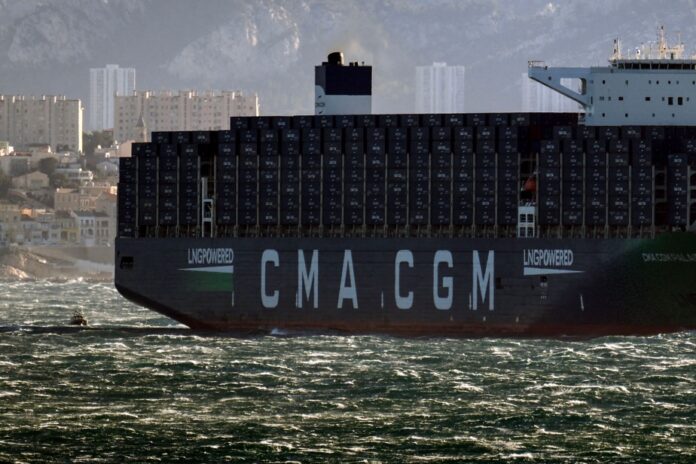(New York) Oil prices fell sharply on Wednesday, losing most of the ground gained the day before, as maritime traffic resumed in the Red Sea.
The price of a barrel of Brent from the North Sea, for delivery in February, fell by 1.78%, falling back below the 80 dollar mark, to 79.65 dollars.
Its American equivalent, a barrel of West Texas Intermediate (WTI), for delivery the same month, dropped 1.93%, to 74.11 dollars.
Fears of attacks in the Red Sea by Houthi rebels based in Yemen, who say they are in solidarity with Palestinian Hamas in its war against Israel in Gaza, have dissipated thanks in particular to the establishment under the leadership of the United States of a multinational maritime protection force.
The United States patrols this strategic region of the globe as part of an international coalition intended to protect maritime traffic.
“There is a lot of turmoil in this maritime region, but the fact is that the United States stepped up and, together with Europe, set up a protection force,” which allowed shipping carriers to resume the road, noted John Kilduff, analyst at Again Capital, interviewed by AFP.
Vessels from the shipowner CMA-CGM returned to the Red Sea and those from its competitor Maersk were preparing to do the same.
Several global shipping giants announced in mid-December to suspend the passage of their ships through the Red Sea, a major trade route, after attacks perpetrated by Houthi rebels.
Many ships began to take the route to the Cape of Good Hope, far south in Africa, embarking on a long and costly detour.
After jumping on Tuesday due in particular to these risks in the Red Sea, crude oil prices quickly fell back, “the reality showing that even if there was an increase in transport costs and times, there is no had a supply disruption,” explained John Kilduff.
The analyst also pointed out that the mild weather this winter in the United States and in Europe hardly supported the demand for heating oil, which is not favorable for crude prices.
“The weather isn’t very cooperative. Significant warming is expected in the middle of January in the United States. Once again, winter is going to be a flop in terms of heating demand,” noted Mr. Kilduff.

